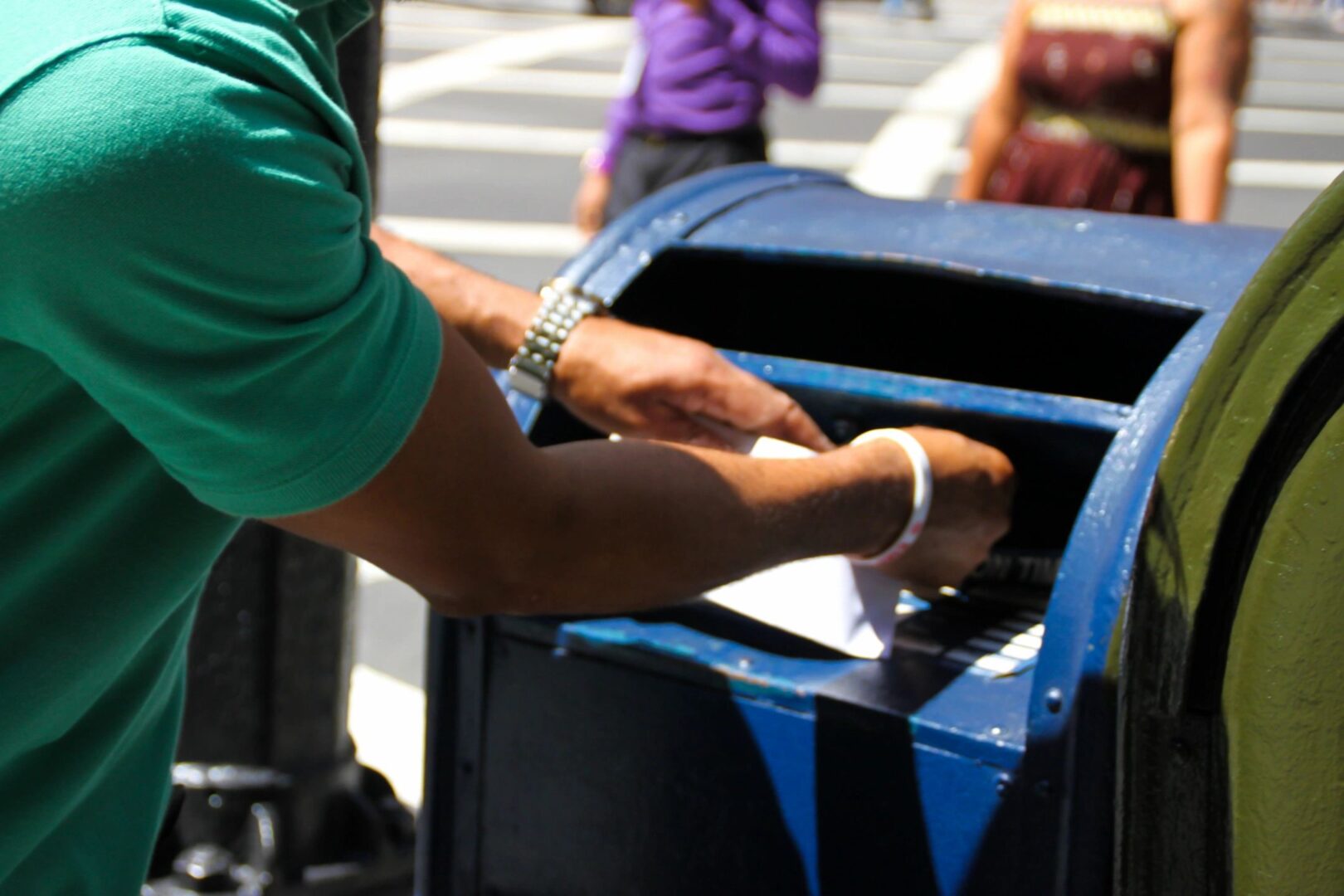Understanding Service of Process in Divorce: A Critical Step
Initiating a divorce involves more than just deciding to part ways; it requires careful adherence to legal procedures, especially when it comes to the service of process. Understanding the significance of this step is crucial for anyone starting the divorce process.
The Importance of Service of Process
Service of process stands as a fundamental requirement in divorce cases. It marks the official start of the divorce proceedings by ensuring the other party receives notice of the legal action. This step is not just procedural but a constitutional right, ensuring the respondent has the opportunity to present their case.
Methods of Serving Divorce Papers
- Personal Service: Often carried out by law enforcement or a third-party process server, this method involves physically delivering divorce papers directly to your spouse.
- Service by Mail: If your spouse agrees to the divorce or has legal representation, serving divorce papers by mail is possible, provided they sign an Acknowledgment or Admission of Service form.
- Substitute Service: In situations where your spouse is elusive or missing, you may request court permission for service by publication, typically through a legal notice in a local newspaper.
Navigating Complex Service Scenarios
Challenges in serving divorce papers can arise, especially if a spouse is avoiding service or is difficult to locate. However, alternative methods like service by publication allow the process to move forward, ensuring that the divorce proceedings can continue even without direct receipt of the papers by the respondent.
How We Can Help
At Johnson/Turner, we have extensive experience assisting clients through various types of divorce litigation, from straightforward cases to those involving complex service issues. Our team is ready to guide you through each step of your divorce, ensuring that all legal requirements, including service of process, are meticulously handled.
TL;DR Summary:
-
-
- Service of process is crucial in divorce cases, marking the official start of proceedings and ensuring the other party is aware and can respond.
- Methods include personal service, service by mail (with acknowledgment), and substitute service (like service by publication for elusive spouses).
- Understanding and correctly executing the service of process is vital for the divorce to proceed.
- Johnson/Turner specializes in managing divorce cases of all complexities, ensuring proper service and legal procedures.
-
Navigating the legal nuances of divorce, particularly the service of process, requires professional insight and support. Contact Johnson/Turner at (320) 299-4249 to ensure your divorce process begins on solid legal ground.
















